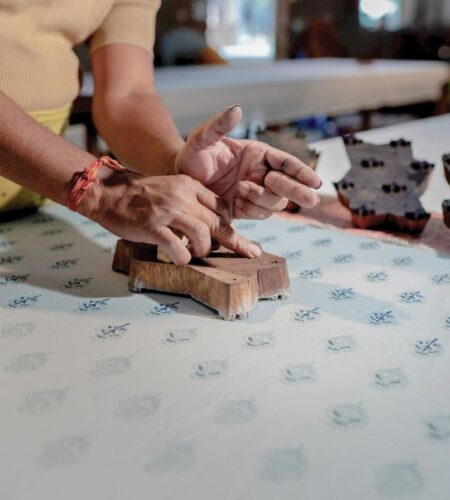In an era where mass production and fast fashion have long reigned supreme, a refreshing trend is emerging: Millennials are increasingly turning to handcrafted, artisanal products. This shift represents more than just a fleeting fad; it is a profound movement that is reshaping consumer behavior and values. As more people seek alternatives to the impersonal and often disposable nature of mass-produced goods, the resurgence of artisanal products is gaining momentum. This change has significant implications not only for local economies and personal well-being but also for the preservation of cultural heritage. By favoring handmade items, Millennials are championing a return to quality, authenticity, and craftsmanship, which in turn revitalizes traditional practices and supports small-scale artisans.
The Millennial Influence
Millennials hold considerable buying power today, and their influence is evident in the resurgence of artisan goods. This trend is not merely about preference but reflects a broader desire for connection—both with the product and the people behind it. Millennials are willing to invest more in products that offer authenticity, uniqueness, and a personal touch. They appreciate the time and care invested in developing high-quality artisanal products, which provides a richer experience compared to mass-produced alternatives.
Market Growth and Trends
The global handicrafts market has seen remarkable growth, valued at $674 billion in 2018, with projections indicating it will reach $936.3 billion by 2026. Etsy, a prominent platform for artisanal goods, reported a 111.2% increase in gross merchandise sales, reaching $10.3 billion in 2020. Millennials, in particular, made up 37% of U.S. handmade product purchases in 2019, highlighting their pivotal role in this market’s expansion.
Online sales have also surged, with predictions that the share of online sales in the overall handicraft market will grow to 26.2% by 2025. This shift underscores the increasing importance of digital platforms in connecting consumers with handcrafted goods.

Sustainability and Longevity
One key factor driving this trend is sustainability. A survey found that 60% of consumers are willing to change their shopping habits to support environmentally friendly products. Artisan goods often align with these values, boasting superior materials and techniques that contribute to their durability and sustainability. Unlike their factory-made counterparts, handcrafted items are designed to last, making them a long-term investment rather than a disposable purchase.
Personal Touch and Cultural Preservation
The uniqueness of artisan products—each item being one of a kind—adds to their appeal. This distinctiveness is a hallmark of artisanal craftsmanship, where attention to detail and cultural heritage are paramount. Consumers are not just buying products; they are investing in stories and traditions that have been passed down through generations. This appreciation for craftsmanship often results in a deeper emotional connection and a more meaningful purchase experience.
Supporting artisan goods also has tangible benefits for local economies. Purchasing from individual artisans and small businesses helps funnel money back into local communities, bolstering employment and preserving traditional practices. By maintaining these age-old techniques, artisans contribute to the continuity of cultural heritage and community identity.

A Shift Towards Mindful Consumerism
The current trend towards artisanal products is indicative of a broader shift towards mindful consumerism. Today’s consumers are increasingly interested in the narratives behind their purchases and prefer products that reflect their values and lifestyle. This movement away from impulse buying towards thoughtful purchasing is a testament to the evolving priorities of the modern shopper. Emphasizing craftsmanship over cost and convenience, this trend signals a new era in consumer behavior where quality and authenticity take precedence.
The revival of handcrafted goods represents more than just a market trend; it reflects a cultural shift towards valuing authenticity, sustainability, and personal connection. Millennials, with their significant buying power and preference for unique, meaningful products, are at the forefront of this movement. By supporting artisan products, they contribute to local economies, preserve cultural heritage, and embrace a more mindful approach to consumerism. In doing so, they are reshaping the landscape of modern shopping and reinforcing the timeless value of craftsmanship.


